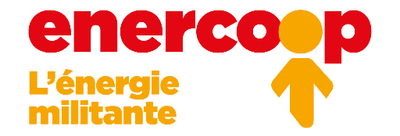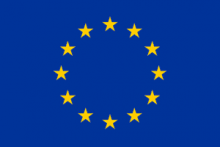The concept of Living labs is being applied across Europe to support innovation in a wide range of sectors. This experimental approach is based on the collaboration of an array of stakeholders in face-to-face settings.
PROSEU is applying this inclusive and non-hierarchical approach in its research, by setting up a series of renewable energy Living Labs in nine European countries.
You can see below the Living labs PROSEU partners are working with in the framework of the project in each of the countries it is active in.
Getesnippers
Providing sustainable heat from wood chips produced during landscape conversion and maintenance work (LCMW) is an increasingly hot topic across Europe. How can public buildings and citizens be provided with local heat from the region while, at the same time, preserving and strengthening biodiversity? This is the focus of the Getesnippers project in the Gete region, situated in the Flemish part of Belgium. As one of the Living Labs, the initiative is exploring the possibilities and working on a plan supported by the PROSEU consortium.
The aim is to set up an economically viable valorisation chain for the collection of biomass feedstock and subsequent production of sustainable heat. It is an existing inter-municipal project that has received initial funding from the Flemish government and brings together representatives from several municipalities (Linter, Geetbets, Zoutleeuw, Hoegaarden, Landen) and stakeholders involved in LCMW. The main challenge is to set up the valorisation chain which can operate without external financing.
Duurzame sportclub
(English: Sustainable Sports Club)
A new football field will soon be built at KDN United football club in the municipality of Holsbeek. The municipality finances the construction of the field.
A new canteen with changing rooms must also be provided. The sports club itself is responsible for financing this infrastructure.
There is interest in investigating whether there are innovative energy technologies, independent of the grid, that could possibly be installed. Solar panels with battery storage, heat capture network under the playing field.
Participation may be requested from the members for financing. A business plan for this operation is currently missing. This LL can offer us a business plan to organise an energy installation.
Zadruga za etičko financiranje
ZEF (Cooperative for ethical financing) gathers some 1200 members (both individual and legal bodies) which work on the democratic, transparent and socially and environmentally responsible economy. One of the pillars of the cooperative is renewable energy with special focus on crowd-funding schemes that would engage various stakeholders enthusiastic in RES investments. Within PROSEU project special focus will be on establishing financing schemes and procedures for future prosumers and their bankable projects.
Island of Silba
Pokret Otoka (Island Movement), is a self-sustained network of islanders with a main purpose of connecting people or organizations through an idea of sustainable and responsible society. Within PROSEU project the focus will be on the island of Silba which faces severe water supply issues in peak season. A combination of desalination and small-scale PV installations could fix this issue.
Enercoop and Energies Partagées, the main citizens’ actors promoting decentralised Renewable Energies in France, aim to develop a robust legal and business model for prosumers projects financed, constructed and operated through a third-party contract.
SubWW
(Eng: Suburban heat transition)
In Weyhe (district Leeste) near Bremen a low-temperature local heating grid with decentralised renewable energy production is to be developed. The goal is to combine the refurbishment in Leeste with an innovative heat supply, thus combining decentralised feed-in and local heat supply in order to achieve an efficient and resource-saving heat supply. The timeline is driven by the redevelopment of the area which is supposed to be finished by 2030. The initiative was started by a research project (led by TU Berlin) with the goal of implementing an innovative district heating grid, that gives the possibility for prosumers to fed their heat over-capacities into the grid (e.g. heat pumps) so that technologies can be used more efficiently and new buildings don't need their one heat production system. The municipality Weyhe engaged in this idea with their district Leeste, because big parts of the district will be rebuild in the next years and there are already big heating capacities in the district due to two schools. The municipality of Weyhe and the regional eco-centre act as the driver of the LL and many stakeholders will be involved in the process.
For more information about the project in German.
This Living lab is comprised of a group of Italian municipalities (coordinated by the mayors) on energy efficiency. Its goal is to expand the activities of the group beyond energy efficiency and to generate motivation among involved stakeholders. One of them is Comune di Santorso.
Logo_Buurtwarmte.png
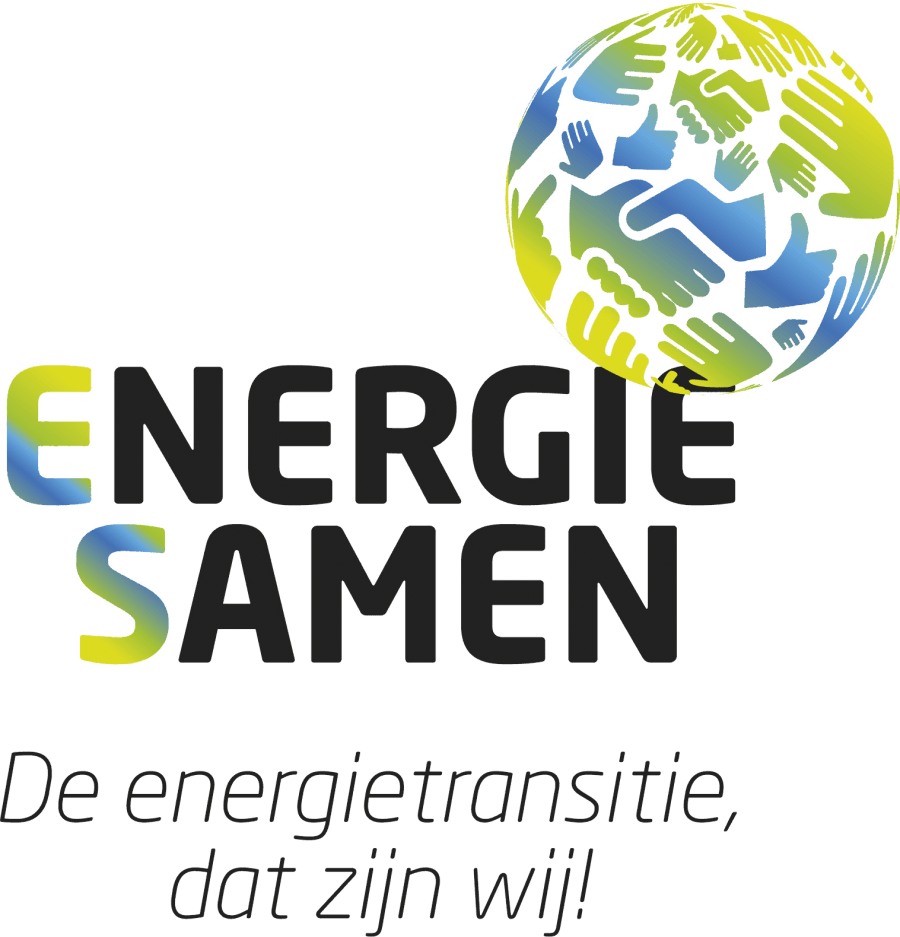
Image by: Buurtwarmte
Local sustainable heat provision in the Netherlands
This Living lab focuses on supporting the development of local sustainable heat provision in the Netherlands. Its focal point is the newly founded initiative +31 Buurtwarmte. Started in 2018 by people coming from different existing neighbourhood initiatives on local heat provision and energy cooperations, their aim is to support citizens in developing, implementing and managing sustainable heat systems for their neighbourhood. In doing so they also hope to strengthen social relations between neighbours and different municipalities, as the social process – cooperation between parties and public acceptance - is currently a main barrier in the implementation of these systems.
Logo_Aardehuis.png
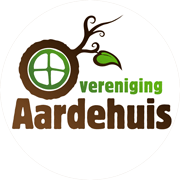
Image by: Aardehuis
Aardehuis
This 25-household Eco-village in the town of Olst aspires to become a self-sufficient ‘energy plus’ community, by generating their own electricity, and saving it at off-peak hours in batteries. Moreover, they are aspiring to install a smart grid, for which they have received a 10-year experimental status from the Dutch government. In light of this project, they are currently installing a communal battery, developing a solar-charging carport, and are working on taking energy-saving measures.
Logo_Wines of Alentejo.png

Image by: Wines of Alentejo
Energia Renovável na Vitivinicultura no Alentejo
(Eng: Renewable Energy in Viticulture in Alentejo)
This Living Lab was initiated as a result of the joint work of PROSEU’s FC.ID team and the Wines of Alentejo (a private institution dedicated to certifying, controlling and protecting the Alentejo wine production). Together with local wine producers and other stakeholders the living lab aims to facilitate and support the integration of RES in the Alentejo viticulture sector as part of a wider sustainability plan for the region.
Read our article from the 1st Living lab with them.
Logo_Coopernico on twitter.jpeg
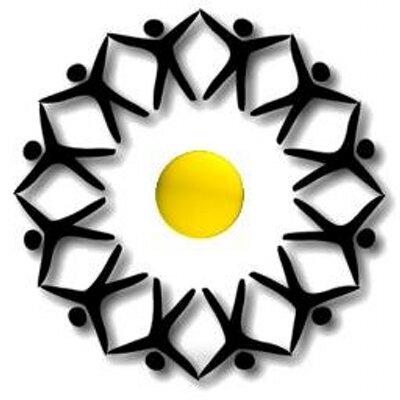
Image by: Coopernico
Co-creating a new energy community in São Luís village
The Living Lab has been initiated as a result of the joint work of PROSEU’s FC.ID team, the Coopérnico energy cooperative and the S. Luís Transition Town initiative (an informal community that is leading the project of transforming S. Luís into a renewable energy community).
São Luís has been working since 2011 towards achieving a higher level of energy autonomy by 2030, yet different pathways are possible. Together with a multi-stakeholder group, the community is co-creating a model (considering technological, economic, social and environmental factors) for setting up an energy community.
Read our article from the 1st Living lab on PROSEU website.
Som Energy, a Renewable Energy Cooperative based in Girona, aims to mainstream local prosumerism under new Spanish legislation by launching a collective PV purchase & installation campaign and developing a sound business model for neighbour communities and SMEs.
This Living lab centres around Bristol Energy, a municipally-owned energy company founded in 2015 by the Bristol City Council. The company aims to mainstream prosumerism alongside fuel poverty objectives in Bristol. The LL is about testing a Heat as a service ESCo type business model which is designed to incentivize low carbon heat and energy efficiency.
Bristol Energy Coop
This Living lab is an energy cooperative which owns several PV arrays in the city and revolves around operating a solar-as-a-service business model in Bristol.





